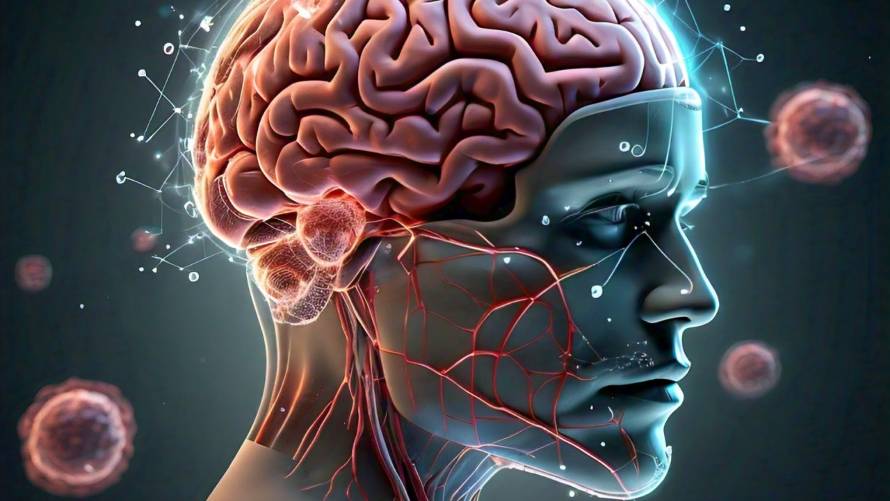Creatine, a popular sports supplement, may also help improve mental performance when sleep-deprived, according to a new study by researchers at Forschungszentrum Jülich. Published in Scientific Reports, the study found that a single high dose of creatine temporarily enhanced cognitive function in people who had been kept awake overnight.
Improved Processing Capacity and Short-Term Memory
The study involved 15 participants who were kept awake overnight and asked to complete cognitive tasks. Before the tasks, they were given a high single dose of creatine, a substance found in food and produced by the body. Three hours after taking the creatine, the participants showed improvements in brain metabolism and cognitive performance, with the effects peaking at four hours and lasting up to nine hours. The most significant improvements were seen in processing capacity and short-term memory.
“The results suggest that a single but high dose of creatine enhances thinking capacity and causes changes in the brain’s energy reserves during sleep deprivation,” said Dr. Ali Gordjinejad, the study’s coordinator from the Institute of Neuroscience and Medicine (INM-2) at Forschungszentrum Jülich.
Creatine’s Potential as a Cognitive Enhancer
Previous studies have shown that long-term creatine supplementation can improve cognitive performance and counteract the metabolic changes caused by sleep deprivation. However, this study is the first to demonstrate a short-term effect, as neuronal cells in the central nervous system (CNS) typically have limited ability to absorb creatine, relying mostly on their own synthesis.
The researchers believe that the “stressed” state induced by the experimental conditions, including sleep deprivation, may have increased the cells’ uptake of creatine. While the results are promising, Dr. Gordjinejad cautions against taking high doses of creatine at home, as it can strain the kidneys and pose health risks.
“However, if future studies show an increase in cognitive performance at lower doses, creatine might become a serious competitor to coffee during long working nights,” he added.
The study sheds new light on the potential of creatine as a cognitive enhancer, particularly in situations where sleep deprivation is a factor. Further research is needed to determine if lower doses can provide similar benefits without the associated health risks.
If our reporting has informed or inspired you, please consider making a donation. Every contribution, no matter the size, empowers us to continue delivering accurate, engaging, and trustworthy science and medical news. Independent journalism requires time, effort, and resources—your support ensures we can keep uncovering the stories that matter most to you.
Join us in making knowledge accessible and impactful. Thank you for standing with us!

